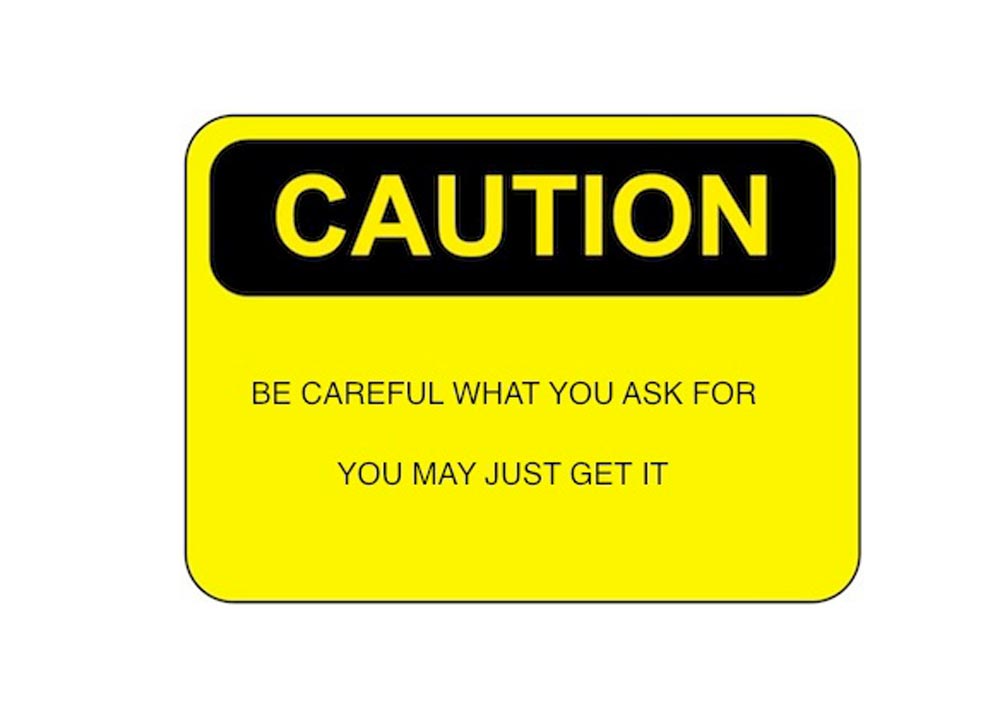- Describe the most creative thing you have done in the past year. If you want engaged employees, you want people who consider their own lives to be interesting and worth engaging in! What you’re looking for in this answer is (a) the ability to choose something quickly and (b) a degree of enthusiasm about the creative pursuit.
- What would their peers say about them? Ask them to imagine for a moment that in your search for a reference you went, not to their old boss or HR department (or teachers, if you are interviewing a very young person), but to their peers. You are looking for a sense of how they function in a team and whether they are conscious of their impact on others at their level. Most people have a sense of how to defer to authority, so true interpersonal skills and deficiencies tend to show up at the team level.
- Please describe your decision-making approach. Ask them first to describe how they go about making a difficult decision (you may want to use an example, such as buying a car or buying a house). Then ask them to describe their decision-making approach in comparison with their peers. Ask “can you tell me five of your strengths and five of your weaknesses?” Sure, you may get perfectionist and workaholic as two of their weaknesses, but they’ll have to work harder for the other three. This answer provides tremendous insight regarding how self-aware this person is and whether or not they are capable of and willing to be honest and a bit vulnerable.
- Please describe your most significant accomplishment in your career to date. The answer to this question reveals character, personality, ability to learn, team skills, ability to accomplish results, pace, attitude, capability and potential. Look for results achieved and the process used to achieve results, and try to get a good understanding of the environment in which the accomplishment took place. If you are hiring a young person, let them answer this in terms of a school, camp, or other group accomplishment.
- Prepare a job-specific, realistic problem that you will be dealing with in the exact job for which the candidate is interviewing. Describe the problem in some detail, akin to a math story problem. Then ask the candidate “How would you handle the task if you were to get the job?” Listen to their answer carefully, and if they haven’t already addressed these things, prompt them for:
[ ] How would they go about organizing it
[ ] What resources would they need
[ ] What would they do in the first few weeks
[ ] What problems would they expect to encounter
[ ] How would you plan it
[ ] How long would it take
[ ] What would they do first - Describe five things about the training, communication, or atmosphere of this company that would need to be present in order for you to feel satisfied and successful working for us. You can’t find the “right” employee if you don’t know what that means – and the reverse is true for your job candidates. You are looking for indications that the candidate is conscious of their role in achieving a good fit. If they are going to be entirely passive in this regard, they certainly won’t be engaged.
- How would you finish the statement “People are . . .?” Never ask this question until very late in the interview process. You want your candidate to be fairly relaxed and feeling like it’s nearly over. The reason this question is powerful is reflected in the saying as above, so below. Even if the interviewee has been conning you with socially appropriate answers (which hopefully you have been able to pick up on), their answer will reflect their general opinions about others and some truth about themselves. As with everything else, though, be sure to interpret their answer in context! I once had a guy respond immediately with the answer “people are dishonest!” Did that mean he was dishonest? Not at all. He was a retired FBI officer, and his answer reflected all his years of experience.
(c) Andrea M. Hill, 2007











